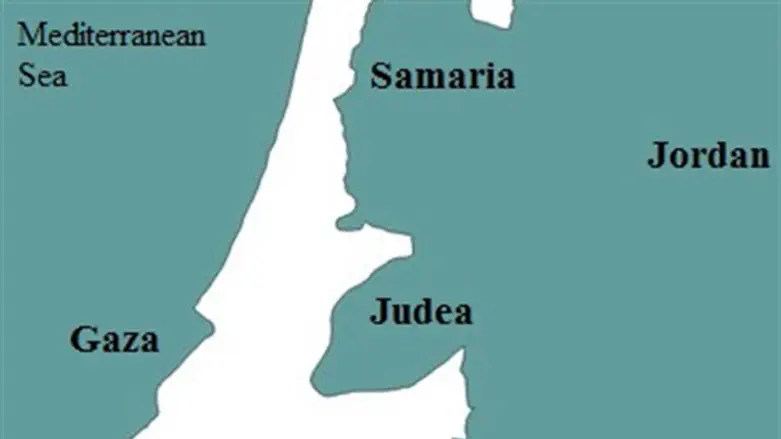
It was George Orwell who popularized the idea that one’s choice of words can have an effect on the way people think.
We can see many examples today. ‘Abortion’ sounds like a pretty horrid and destructive experience, yet ‘reproductive choice’ is a cause which people can root for. Similarly, the concept of same-sex marriage was once thought to be so beyond the pale of normality, that no mainstream politician (including Barack Obama when running for his first presidential term) would ever support it. Yet when phrased as ‘marriage equality’ it became much more difficult to argue against.
Similarly, some words and expressions have changed meaning through common use to the extent that they can no longer be used the way they were in the past.
For example, the Wisconsin Tourism Federation recently changed its name to the Tourism Federation of Wisconsin because the acronym of the former has taken on a new meaning in internet slang (lol).
And notwithstanding the popularity of ‘marriage equality’, one who is happy can no longer be described as being ‘gay’ (so the Kookaburra is not the only one who laughs when Aussie kids sing Kookaburra sits in the old gum tree).
Which brings us to 'the settlements'.
From the point of view of the Zionist pioneers, settling the land of Israel has always represented the ultimate fulfilment of their ideology. The ‘settlement enterprise’ is the pride and joy of nationalistic Israelis. Yet today, to most of the world, the term ‘settlement’ has become synonymous with an illegitimate squatting on someone else’s land.

While the anti-Semites a.k.a. anti-Zionists will always find reason to criticize, perhaps we should not let them have the linguistic advantage. Arguably, this view does have some basis. After all, some definitions of the term ‘settlement’ can imply a form of colonialist presence. An example is the ‘British Settlement’ in Shanghai from 1845 (which became the ‘International Settlement’ when the Americans joined in 1863).
Arguably, this view does have some basis. After all, some definitions of the term ‘settlement’ can imply a form of colonialist presence. An example is the ‘British Settlement’ in Shanghai from 1845 (which became the ‘International Settlement’ when the Americans joined in 1863).
Whether we like it or not, ‘settlement’ has become a negative word. Especially when it’s an Israeli one. When a European sees ‘settlement produce’, he knows it comes from those Zionist colonialists. To most of the world, forcibly removing the inhabitants of a village and razing it to the ground would be considered a war crime. Yet to do that to an Israeli ‘settlement’ would represent amazing progress in the quest for regional peace.
While the anti-Semites a.k.a. anti-Zionists will always find reason to criticize, perhaps we should not let them have the linguistic advantage.
Why do we refer to towns and villages within pre-’67 Israel as… towns and villages, yet we call those in Yehuda and Shomron mere ‘settlements’? When we distinguish between a ‘settlement’ and a bona fide town or village, we are complicit in encouraging an attitude that the former’s existence has a different status. How can we expect to get the rest of the world on side, when we ourselves discriminate linguistically against the towns and villages in Yehuda and Shomron?
Just as we use the biblical and historic names to refer to those regions, rather than ‘the 'West Bank’ (what a huge bank for such a narrow river!), why not refer to the towns and villages within them as - towns and villages!
It’s time to abolish the s-word from our vocabulary.
While we can’t expect the rest of the world to instantly change their attitudes, the onus will be on them to justify why these towns and villages have a different status or are any less legitimate than any others in Israel or elsewhere.
Let’s not make their job any easier.